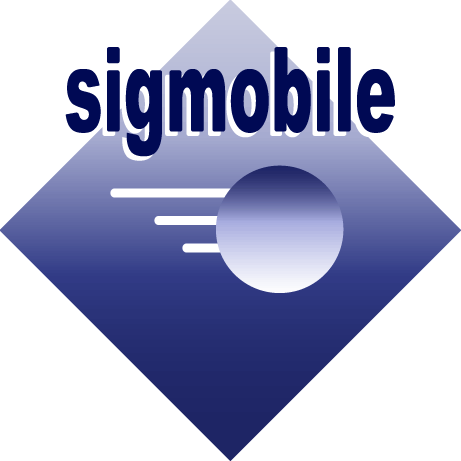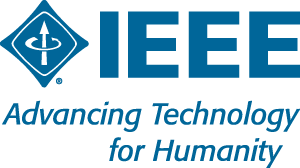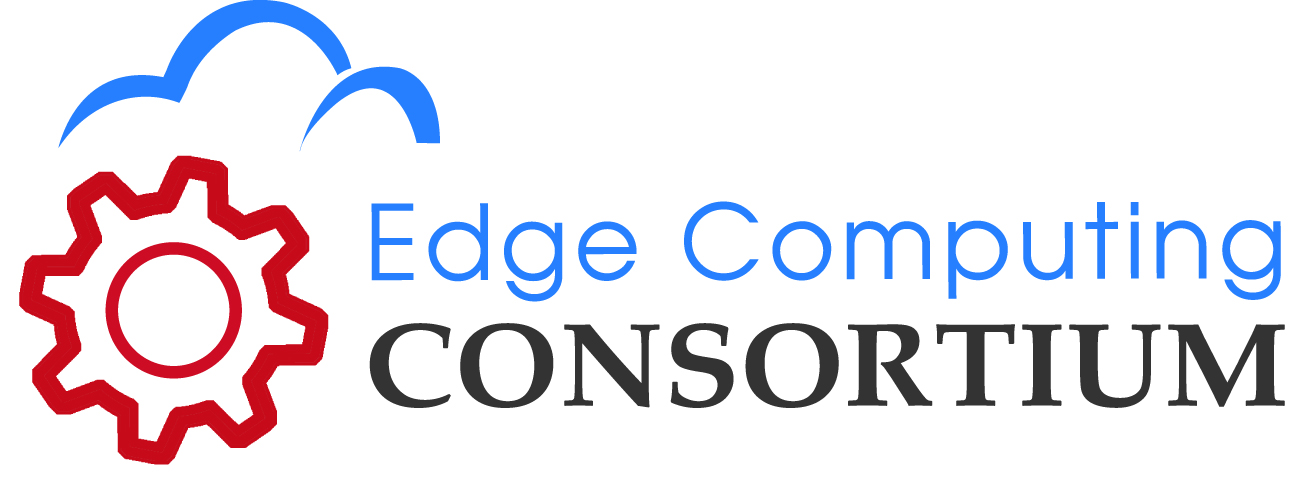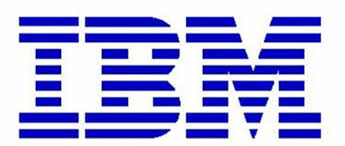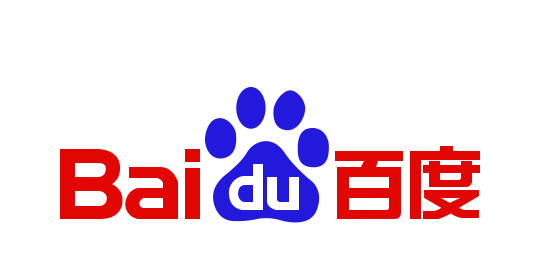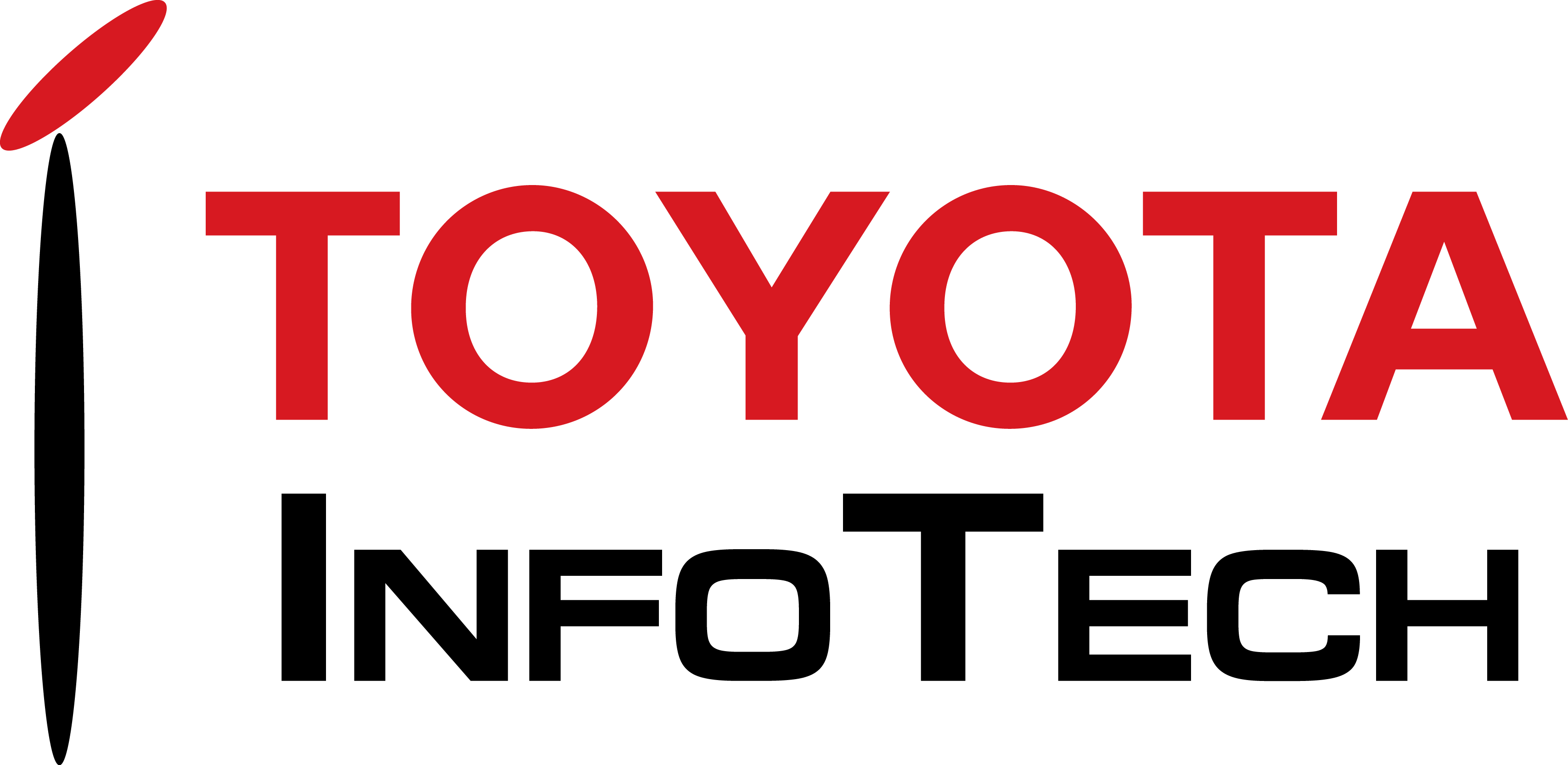
|
The Third ACM/IEEE Symposium on Edge Computing Bellevue, WA, October 25-27, 2018 |
|---|



Keynote
The Future of Computing and Network Systems - A View from NSF
Kenneth L. Calvert
Division Director of CNS, NSF
Thursday, Oct 25, 9:00AM - 10:00 AM
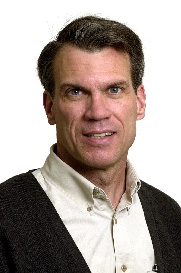
Abstract: Computing and communication infrastructure has changed dramatically over the past two decades, and it does not appear that the rate of
change will decrease any time soon, as new technologies
continue to emerge. At the same time, the applications running
on that infrastructure have become ever more critical to modern
society. This talk will describe NSF activities related to advancing
the state of the art in this area, and will include some personal
observations on challenges and opportunities for the research community.
Bio: Ken Calvert is Division Director for Computer and Network Systems in
the Computer and Information Science and Engineering (CISE)
Directorate at the National Science Foundation. He is there on
rotation (since May 2016) from the University of Kentucky, where he is
Gartner Group Professor in Network Engineering and former Chair of the
Department of Computer Science. He has made contributions in various
areas including network topology modeling, active/programmable
networks, and future Internet architecture. He received his Ph.D. in
computer science from the University of Texas at Austin. He holds a
M.S. in computer science from Stanford University and a B.S. in
computer science and engineering from the Massachusetts Institute of
Technology. Prior to his appointment at the University of Kentucky, he
was a Member of the Technical Staff at Bell Laboratories in Holmdel,
NJ, and served on the faculty in the College of Computing at the
Georgia Institute of Technology. He is an IEEE Fellow and a member of
the ACM.
Invited Keynote by Arjmand Samuel
Arjmand Samuel
Principal Program Manager, Microsoft Azure Internet of Things
Friday, Oct 26, 9:00AM - 10:00 AM
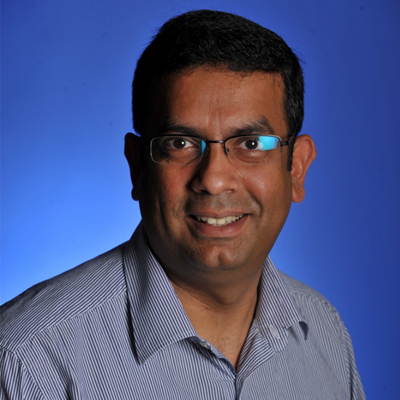
Arjmand Samuel is a principal program manager at Microsoft, working in the Windows Azure Internet of Things team. In his current role, Samuel leads the Azure IoT Edge product design and engineering and is involved in the design and development of Windows Azure IoT Hub, a scalable framework for connecting, monitoring, and controlling millions of IoT assets. Previously, Samuel was the security and privacy lead for Microsoft Windows Live and Microsoft Azure IoT and before that he worked in Microsoft Research on IoT sensors and devices. Samuel was faculty at the Ghulam Ishaq Khan Institute of Engineering Sciences and Technology, teaching computer science and engineering courses; and faculty at Center for Advanced Studies in Engineering. Samuel was co-founder of Evolving Technologies a startup for delivering bulk and interactive SMS-based advertising. He was also co-founder and founding manager of Center for Information Technology Development, Pakistan Aeronautical Complex Currently, Samuel is a graduate faculty advisor at the Electrical and Computer Engineering Department, Purdue University. He also holds an affiliate faculty position at the University of Washington. Samuel has a bachelor’s degree in avionics engineering from NED University of Engineering and Technology, Pakistan; a master’s degree in control engineering from Beijing University of Aeronautics and Astronautics, China; and a PhD in Information Security from Purdue University, USA. He has published in a variety of conferences and journals on the topics of security, privacy, location aware access control, and innovative use of mobile technology.
Edge Intelligence: Convergence of Edge Compute and Machine Learning
Allen Rush
Senior Fellow, AMD
Saturday, Oct 27, 9:00AM - 10:00 AM

Abstract: Edge computing continues to evolve as an important element for distributed computing. At the same time, machine and deep learning are rapidly improving to support a wide variety of different applications. While the cloud and data center are the main sources for high performance training and inference, edge architectures are increasingly designed to support local learning and inference applications. We will explore the methods, motivations and examples of edge intelligence as a platform. While the current applications focus on deployed or local inference, there is a growing ability to support edge training as well, including reinforcement learning, latent parameter update training and transfer learning.
Allen is currently a Senior Fellow at AMD. His main responsibility is chief scientist for machine learning, including strategies, technology development and product planning. Previously he held a similar role for imaging and computer vision. Prior to joining AMD, he spent many years focusing on imaging technologies, including CTO positions at several startup companies.
Panel: Insights from the applied edge
Panel moderator
J. Chris Ramming
Senior Director of Research & Innovation, VMware Inc.
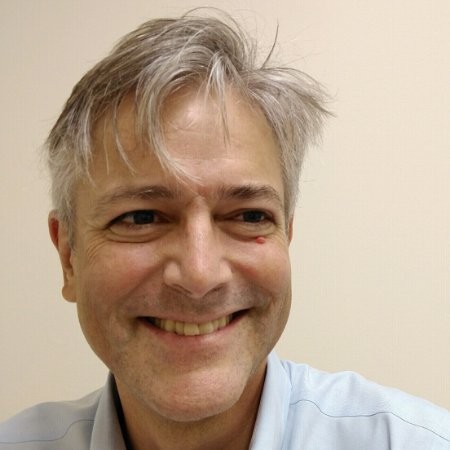
Chris Ramming is a technology strategist and research manager with a passion for working at the intersection of theory and practice. At VMware he is a senior director of research & innovation, with responsibility for the VMware academic program and an incubator that explores disruptive technologies to generate new lines of business for the company. Chris recently concluded a term as chair of DARPA’s Information Science and Technology (ISAT) study group, which helps DARPA identify and understand emerging technological disruptions. During his career he has been privileged to work with several leading research organizations including Intel Labs, DARPA, AT&T Research, and Bell Labs. At Intel, he was responsible for the Intel Labs University Collaboration Office, where some of the key challenges included strategic topic selection and systematic technology/insight transfer of key ideas. At DARPA, he led a number of programs related to mobile ad-hoc networking and distributed decision support systems. At AT&T/Bell Labs Research he focused on telecommunications-related software, services, and languages. Chris has a background in computer science with degrees from Yale and UNC Chapel Hill.
Panelists
Greg Bollella
CTO, Internet-of-Things, VMware, Inc.
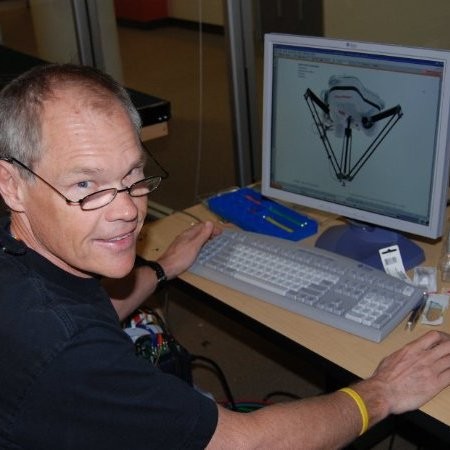
Greg has been interested in algorithms and software architectures that support the deterministic execution of logic within general-purpose operating systems and virtual machines since 1992. At VMware he is investigating infrastructure management for the Internet-of-Things. While a Senior Engineer at IBM, he was fundamental to the industry effort that spurred the creation of the Java Community Process and established JSR-01 the first activity under the JCP and led the JSR-01 Expert Group that defined the Real-Time Specification for Java. During his work on the Golden Gate project at Sun he concurrently held a position, for four years, at the Jet Propulsion Laboratory, California Institute of Technology, as Distinguished Visiting Scientist. He holds a Ph.D. in computer science from the University of North Carolina at Chapel Hill. His dissertation research is in real-time scheduling theory and real-time systems implementation. This work creates an architecture that defines fundamental issues that are necessary for supporting real-time applications within general-purpose operating systems and language runtimes.
Xingang Guo
General Manager, IoT for Amazon Delivery Logistics
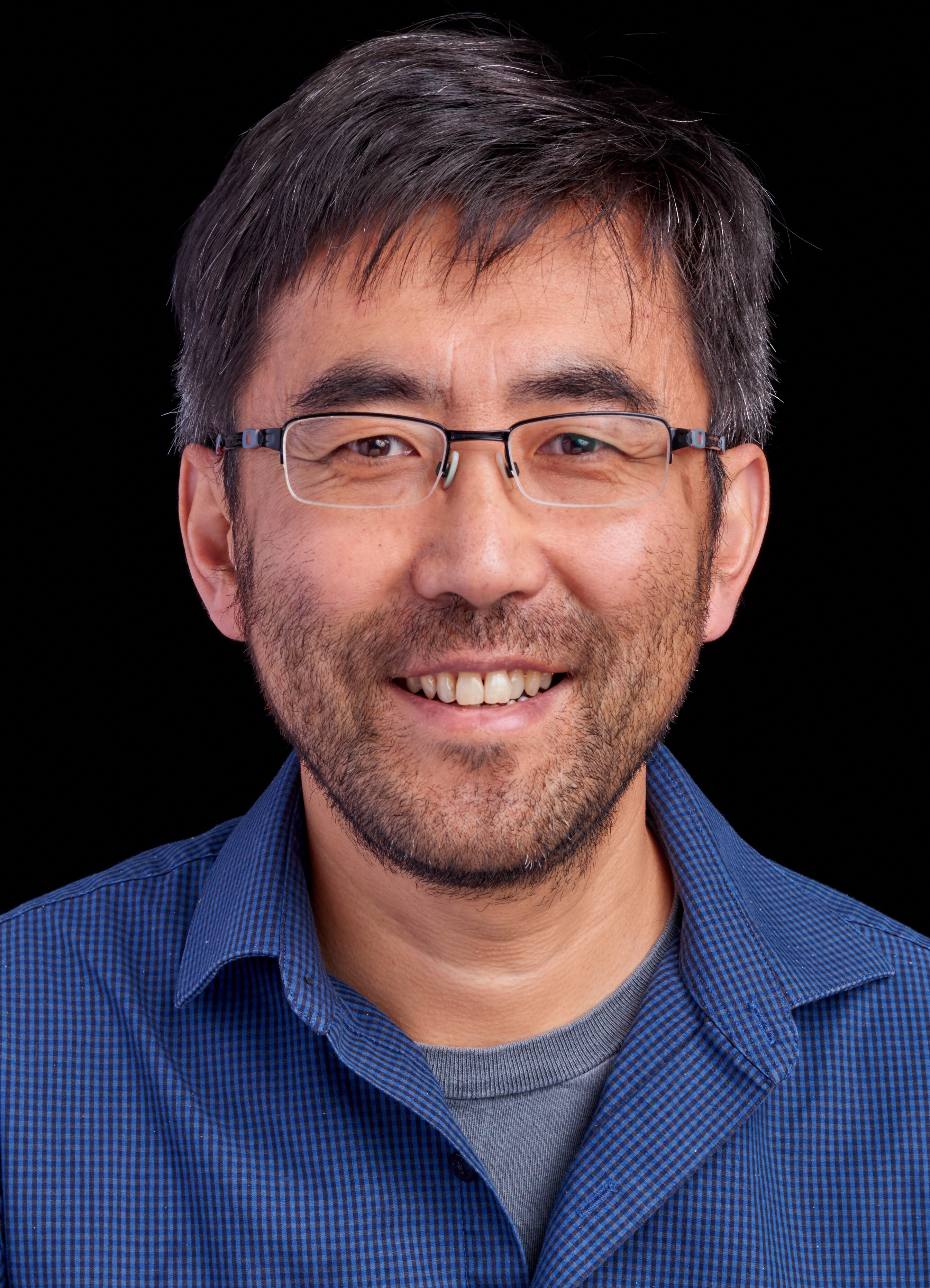
For the past 10 years Xingang has been leading IoT and embedded systems technology initiatives, first at Intel and most recently in Amazon Logistics operations. In his current role, he is responsible for transforming worldwide operations for warehouse and on-road delivery operations with IoT. His organization brings IoT from ideation to prototyping to production. They design sensors, devices, analytic algorithms, and end-to-end business logic, and manage field deployment and operation. He has been involved in vertical and horizontal IoT integration strategies across retail and transportation, and has combined cutting-edge technology with realistic deployments. Xingang has degrees from the University of Texas at Austin (PhD) and Tsinghua University (BEng).
Eve Schooler
Director, Intel

Eve M. Schooler is a Principal Engineer and Director of Research on Emerging Architectures at Intel, in the Internet of Things Group (IoTG). Her current work focuses on developing architectural building blocks to evolve the Internet towards Edge and Fog computing, and in turn to support trusted analytics throughout the infrastructure. She comes to IoTG by way of a year in Intel's Software and Services business unit and 9 years in Intel Labs. Her broad interests lie at the intersection of distributed systems, networking, security/privacy and scalable group communication. While at Intel, she has led research efforts on a range of topics including collaborative anomaly detection to secure enterprise networks, data privacy-preservation in Smart Homes, energy efficiency for the Smart Grid, IoT reputation services, and data-centric networking within a data-centric IoT architecture.
Eve has served in leadership positions in various standards bodies, including: the IETF, where she currently serves on the IoT Directorate and in the past co-founded and co-chaired the MMUSIC working group for many years; NIST, where she co-chaired the Cyber-Physical Systems working group on Data interoperability; and in the OpenFog Consortium, where she co-chaired a task group on Smart Objects. Eve obtained a BS from Yale, MS from UCLA, and PhD from Caltech, all in Computer Science. She has published over 60 papers (cited over 10K times), holds 2 patents (with over 20 pending), and has co-authored several standards, including SIP, a protocol widely used for Internet telephony. In Jan 2017, she was recognized as one of the three top innovators in Intel’s IoTG business unit.
Eve enjoys finding excuses to combine Technology with the Arts. She was involved in one of, if not the first Internet-wide distributed music performances (to showcase synchronization algorithms), has composed and rendered music for a classic SIGGRAPH animation (while demonstrating infrastructure for early grid computing), and arranged music for the BodySynth (a wearable, sensor-based instrument).
Prior to Intel, she sampled a wide range of professional experiences; she held positions at Apollo Computers (a startup), Information Sciences Institute (a university research institute), AT&T Labs-Research (an industrial research lab) and Pollere LLC (a consultancy).
Guijun Wang
Technical Fellow, Boeing
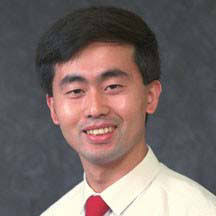
Guijun is a Technical Fellow and a chief Enterprise Architect for Advanced Manufacturing, Automation, and Industrial IoT at Boeing. His focus has been the digital manufacturing, robotics automation, and manufacturing operations management over the last four years. He has extensive research and development experience in large-scale distributed enterprise systems, mission-critical distributed C4ISR systems, networking technologies, advanced manufacturing and robotics, manufacturing operations management, factory automation, and IoT. He has published over 40 papers in international journals, conferences, and book chapters. He holds 16 patents and has multiple more pending. Active in professional communities, Guijun has organized, steered, and chaired successful international conferences as well as supported organizations/conferences/journals (e.g., NSF, NSERC Canada) as panelist/reviewer. He is a recipient of the 2017 Asian American Engineer of the Year award. He received a Ph.D. in Computer Science from the University of Kansas.
Lei Zhong
Senior Researcher, Toyota ITC
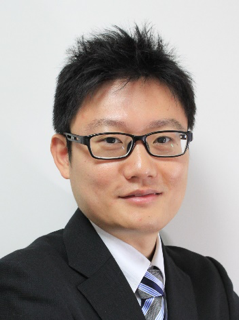
Lei Zhong received his Ph.D. degree from the Graduate University for Advanced Studies in Japan. Dr. Zhong currently is a senior researcher in system architecture research division of TOYOTA InfoTechnology Center (Toyota ITC), where he is responsible for the research and architect of future network and computing infrastructure for connected vehicles. He is also a Toyota delegate in Automotive Edge Computing Consortium (AECC), where he is involved in the technical collaborations and contributions together with other leading companies for the development of future connected vehicle Big Data ecosystem.
Before joined TOYOTA ITC, Dr. Zhong had more than 10-years research experience on wireless communication and networking. He served several national research projects when he was with National Institute of Information and Communication Technology (NICT), National Institute of Informatics (NII), and the University of Tokyo, Japan. He has published many technical papers on the fields of wireless networks, software-defined networking, Internet-of-Things, and Big Data, and received several research awards.




